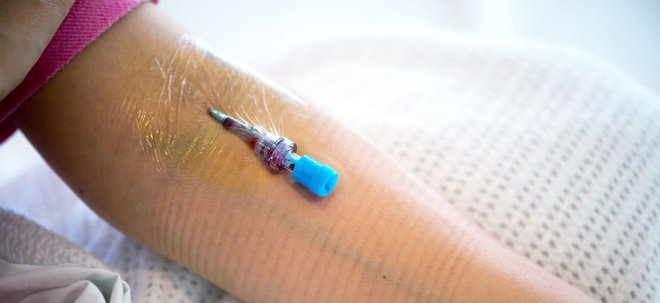Medical device helps doctors and nurses take blood
Medical device company Olberon has developed a product to help doctors and nurses insert needles into patients’ blood.
Olberon states that it believes the product, Vacuderm, will help reduce wastage, cost and time for NHS staff.
The product is the company’s own version of a tourniquet and inflates the vein so that a needle can be easily inserted to take blood. Once applied to a patient, the device works by having its part pumped to create a vacuum, which expands the vein readying it for injection.
Inventor of the device, Dr. Arash Bakhtyari said: “Every attempt increases the risk of infection, adds stress and anxiety for the patient and practitioner, and costs the NHS over £32 each time”.
It’s estimated that in the UK, doctors and nurses fail at the first attempt of cannulation – the process of taking blood – with 30% of adults and 50% of children.
Olberon’s turnover is expected to be boosted by the Vacuderm project, which has taken 10 years and cost £200,000 to develop. The company expects the device to boost sales to £3.3 million in 2019.
Final clinical trials of the device are expected to take place at the Royal Derby Hospital’s emergency department in the next few months.
Olberon is also planning to develop a children’s version to help distract them from the process of cannulation. The devices are to have turtle and ladybird designs to distract the children.
The company is seeking investment £250,000 to launch development of the children’s Vacuderm.
Speaking to the Nottingham Post Dr Bakhtyari said: “It’s taken a lot of time and investment to get to this stage. There’s always a danger of running out of cash when you’re developing something so releasing it wider will help us.
“We have to concentrate locally initially and prove that it’s a useful product for clinical staff and patients, before expanding to make it more widely available.
“Eighty percent of patients going into hospital get a cannulation. It’s a common procedure so the potential is quite substantial.
“We hope to eventually be able to get a share of 5% to 10% of all cannulations in the UK.”







